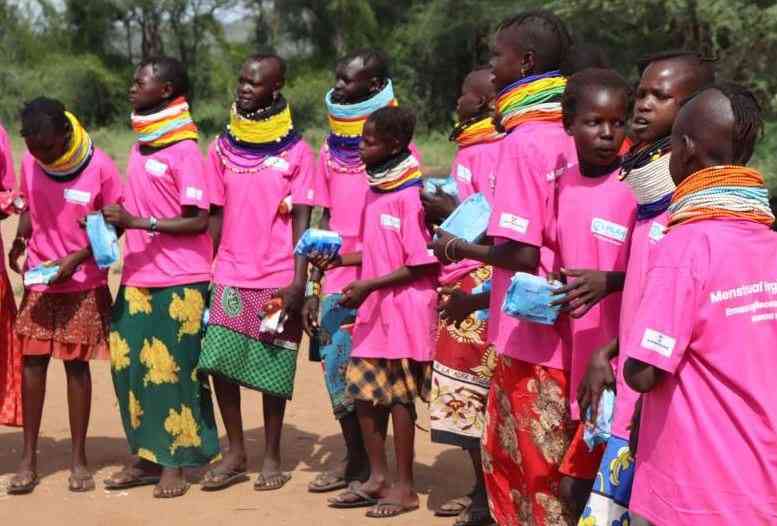Whenever Kiambu Woman Representative Anne Wamuratha talks about menstrual health, she always remembers how she first felt when Kiambu Governor Kimani Wamantangi launched sanitary towel drives across the county.
“Why didn’t he call the women? This is women’s business…,” she recalls, adding that other women leaders in the county had the same sentiments.
It was only later that she realised that the governor was leading the fight against period stigma from the front. By that act, the governor was showing other men, and the community at large, that menstruation is not a “woman’s issue” but a national matter. “It’s like we’ve never, as a nation, owned the issue,” she says.
Despite having some of the most progressive policies on menstrual health like tax reforms on sanitary products, State-funded pads issued in some schools, and a nuanced legal and policy framework, Kenya is still held captive by a culture that perceives menstruation as a shameful matter that should be treated as a personal affair rather than a national concern.
Follow The Standard
channel
on WhatsApp
Making matters worse is that stigma around menstruation is not limited to rural or marginalised communities. Many Kenyans, both men and women – and even our policymakers – perpetuate it. Many of you may remember what happened in 2023 when nominated Senator Gloria Orwoba walked into Senate chambers in a fancy white suit, which appeared to have a blood stain on the genital area. One of her female colleagues expressed “utter disgust”, saying Ms Orwoba was “indecently dressed”. She could not even utter the word “period” or “blood stain” when the Senate Speaker asked her why she thought Orwoba’s dressing was inappropriate.
This incident left me with one question: If our lawmakers cannot discuss periods without a level of discomfort, is it any wonder our policies on menstruation continue to stall in paperwork? Orwoba’s act exposed our attitude towards menstruation, and in a broader sense, how we handle issues related to menstruation as a nation.
We must start treating menstruation not just as a seasonal issue we react to by issuing free sanitary pads when an incident happens or revisiting it when there is a commemorative day, but as an important issue that deserves to be elevated to the mainstream. This should involve putting in place deliberate efforts to destigmatise and normalise menstruation. And the benefits can be immense.
A research by USAID revealed that for every Sh100 invested in menstrual health education, the return was Sh154. This was because fewer women called in sick or had to leave work abruptly to look for pads.
Megan White, a menstrual health advocate and innovator, said in a TV interview that at one point, sanitary pads were the second-largest expense in her home. This inspired her to develop eco-friendly and affordable pads using blended pulp technology from locally-sourced materials. She did this in partnership with local farmers and industries that process cotton to aid in mass production. This was visionary.
Data from the Kenya National Bureau of Statistics shows that 97 per cent of women aged 15-49 years use sanitary pads. This accounts for over 24 million women, according to the 2019 national census. Such a huge market provides a vast potential for local manufacturing, job creation, taxable income, and export viability.
This is no different from what AFRIpads has achieved in rural Uganda and Aakar in India. Aakar Innovations, for instance, has established mini-factories that produce affordable high-quality pads. It employs more than 700 women directly and engages 500 more women in selling pads on commission. They also conduct civic education, thus tackling menstrual stigma while generating income.
We can make Kenya free from period stigma, but this requires the collective efforts of all stakeholders, sustained collaboration, and a multi-level strategy. Studies show that menstrual products and education, done separately, are not enough. Notable progress is achieved through a holistic approach that combines education with infrastructure, products, and efforts to address menstrual stigma.
Follow The Standard
channel
on WhatsApp
By Sheila Van de Graaph


